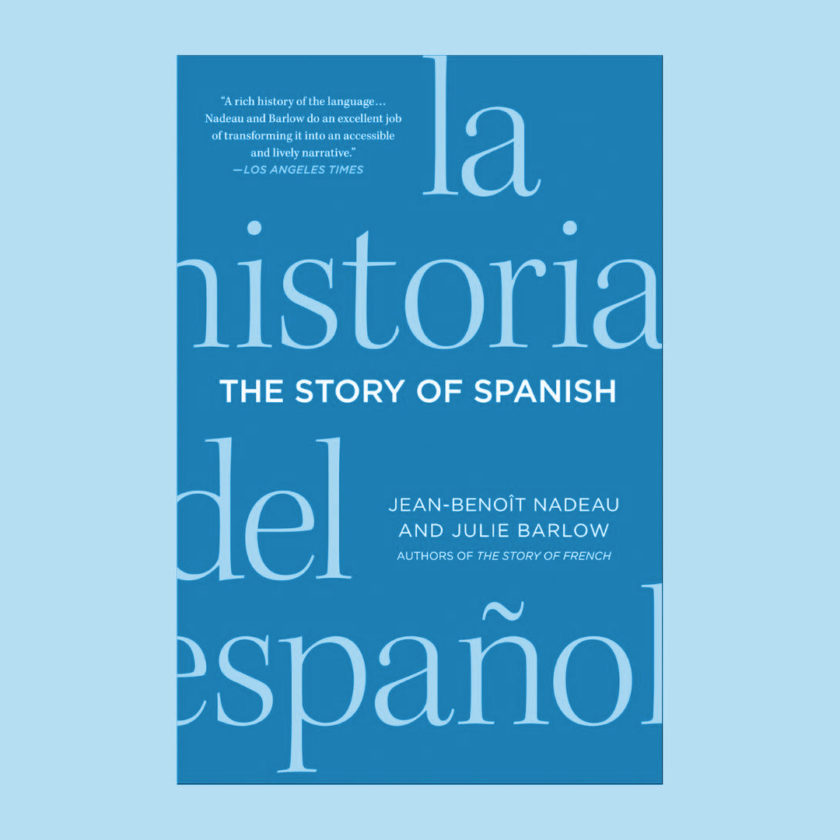A society is not neutral; it is the result of traditions, beliefs, particular developments, and the choices of those who govern.
You may have realized that some countries emphasize one value over another. Let’s look at four values that shape four very different societies: mana, philotimo, culture, and money.
Mana: the first principle of Polynesian societies
Mana corresponds to prestige, spiritual, or magical strength, vigour, bravery. It is a set of things that cannot be translated into other languages without the meaning being somewhat corrupted. It has been a driving force for societies in the South Pacific for millennia. These societies often went to war. There were many ways to increase mana: war, human sacrifice, and sex. This explains why sexuality is not as taboo in Polynesia as it is in other regions, despite Christianization.
At the top of the social pyramid were priests, below them warriors, and then the rest of the population according to each individual’s ability, through his profession, to acquire mana. This structure is very similar to the one that prevailed in Europe before the so-called modern era. The fundamental difference is that there was a kind of social elevator for those who are able to demonstrate bravery by, for example, defeating an enemy warrior. That said, slavery was practised there and it was rare for a slave to be able to claim the rank of warrior, since very often they were former enemy warriors taken prisoner, deprived of their mana and therefore dehumanized.
Philotimo
Philotimo is a term that has no equivalent in other languages. It literally means “the love of honour”, but this is an often inaccurate translation since the word “honour” has different meanings in different languages and countries. Philotimo is selfless love; it is the highest love, according to the Greek conception. One who has philotimo is willing, for example, to sacrifice himself for his community, without expecting anything in return. It corresponds to loving kindness, a kind of Christian love mixed with the flamboyant love of the Greek warriors of yesteryear. There is panache in philotimo. Greece has often been criticised for not meeting European budgetary requirements. This is partly due to the fact that its society still places philotimo above all else.
Culture
Erudition or culture has always been the prerogative of idle human groups, a fortiori dominant ones. In order to read, write or learn, one must be free of laborious constraints such as working the land. This explains why, in France for example, the fact of possessing a literary knowledge is still the sign – unfairly – of belonging to the upper spheres of society. Culture was the most refined and immediate social filter: by chatting with someone for a few moments you can validate or not their knowledge of references specific to the dominant class. Culture is a strong elite marker in France even today, we cannot erase 1500 years of a trifunctional system. That said, culture as an aristocratic marker appeared quite recently if we look at French history. It appears at the moment when there is a massive passage from a nobility of the sword (warrior) to a nobility of dress (and salon). There comes a time when the nobles are no longer assigned mainly to military functions, they must be converted into administrative staff in which the king takes away more and more local power. The centralization of power in France had the effect of transforming the nobles into courtiers in part and the sword became the pen.
Money
Some societies place money at the heart of their logic. The example of this phenomenon is the United States where money is king. How to explain such a phenomenon? Money is the “great equalizer”. In a cosmopolitan society whose members have different original values, it is necessary to find a fundamental value with which all people can easily identify. In homogeneous societies, there is a stronger understanding of concepts that may seem opaque or subtle and cannot be quantified (e.g. philotemo, mana or cultural references). – A society is like a game, it is easier to teach the rules to strangers through a point system. So in a heterogeneous society, it is necessary to create a possibility of quantification to know easily where one is and how one can progress. Money is the accounting element par excellence.
Add to this the work values of the first Protestant settlers and you get a society based on a system of work, exchange and money, commonly called capitalism. However, we must not forget that capitalism allows for nepotism because of the monopolies or oligopolies it creates. Thus, you can claim to have equality of surface based on work in a system that has privileged a certain part of the population for centuries. As a result, you get a country that lives somewhat on a myth that anything is possible even though certain groups have retained their economic and political power because of a nepotism (communal or racial) made possible by the fact that they initially own the capital (financial and symbolic). As such, being white in the United States is still, unfortunately, an external sign of status. Thus, there are two value systems in the United States, one based on money (official) and the other on race (unofficial). Perhaps the second will disappear in time, time will tell.
Of course all these considerations should not make us forget that the great equalizer – “money” – is at work, driven by globalization. It is not surprising to see a capitalization of the world and the disappearance of traditional values.










